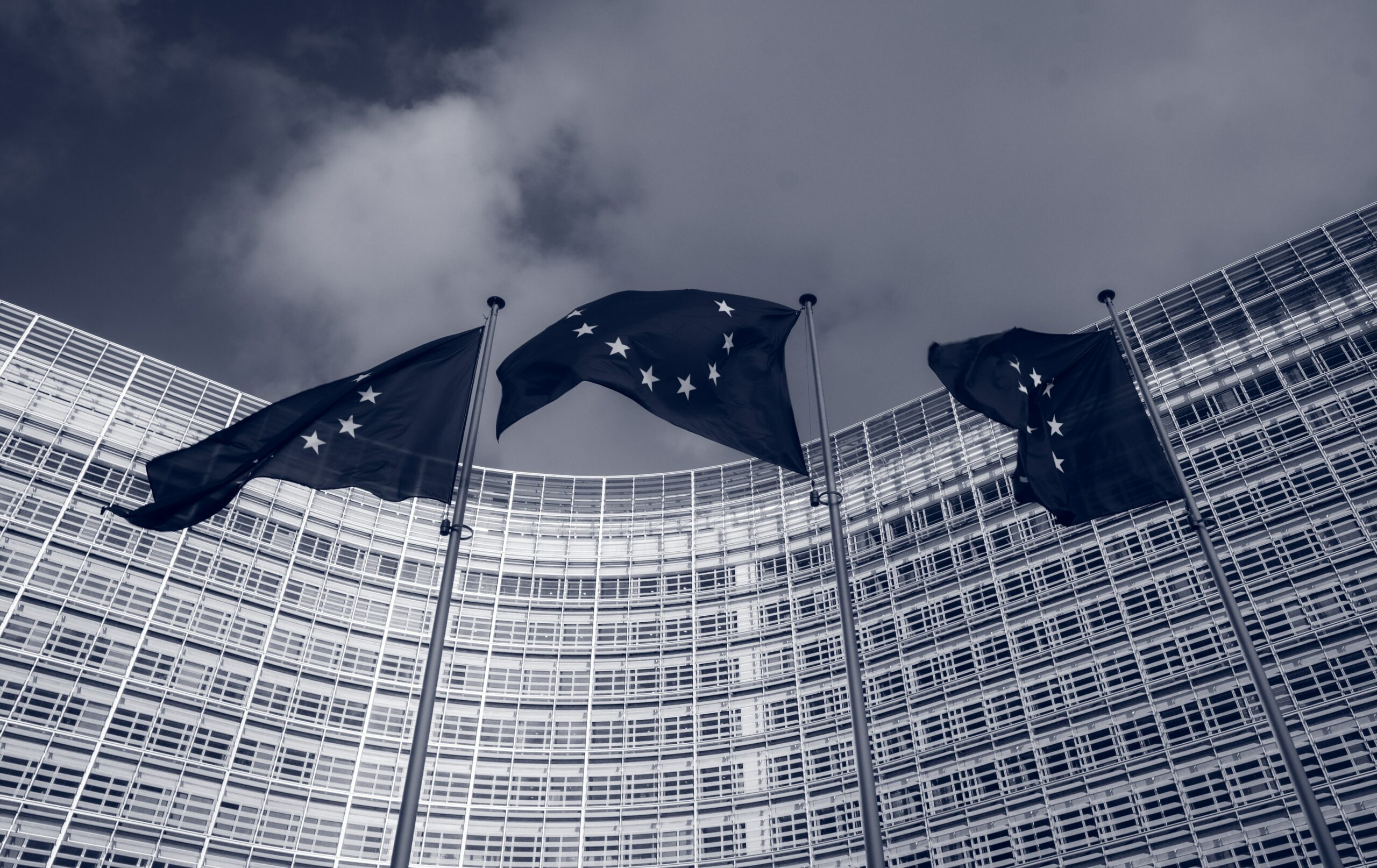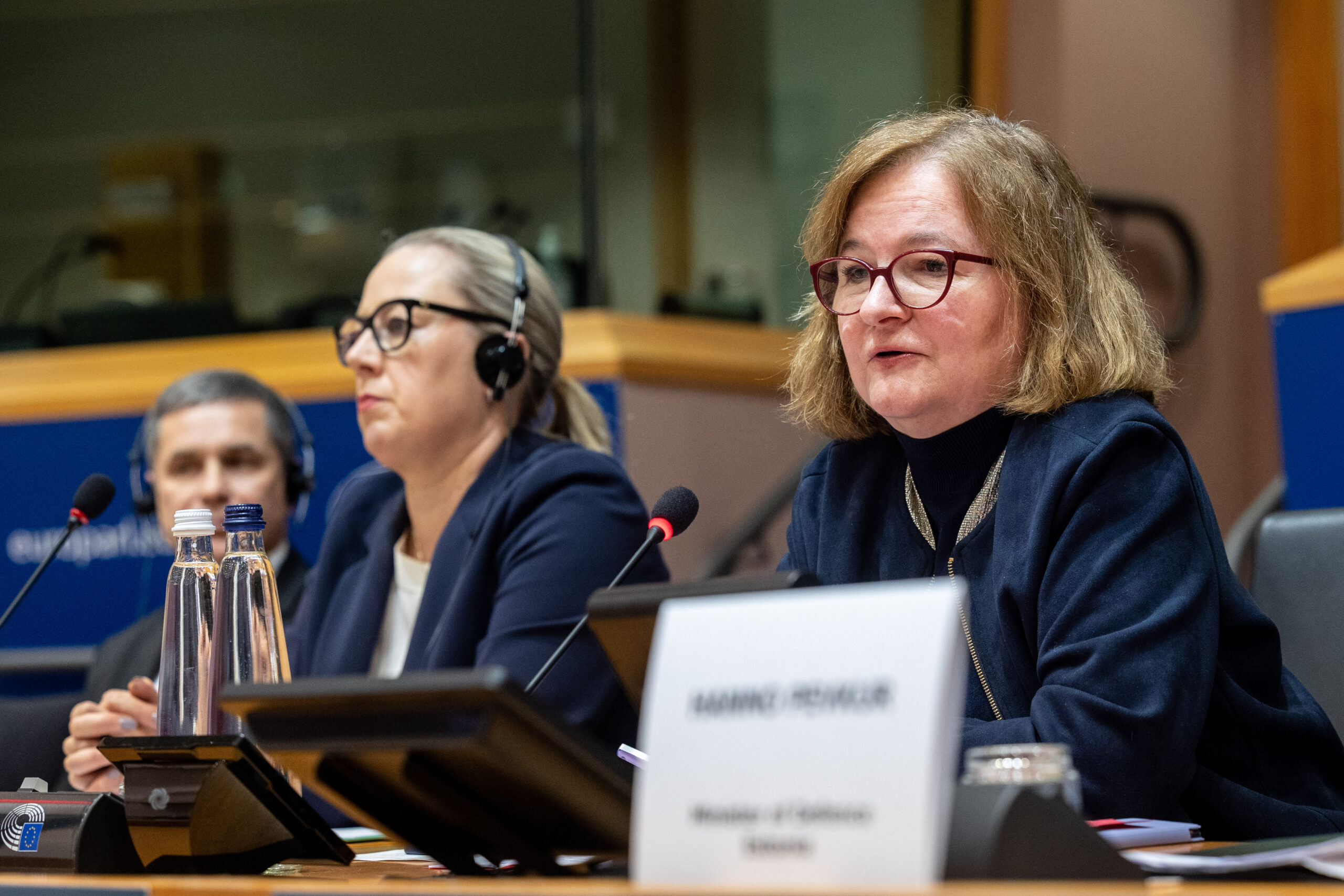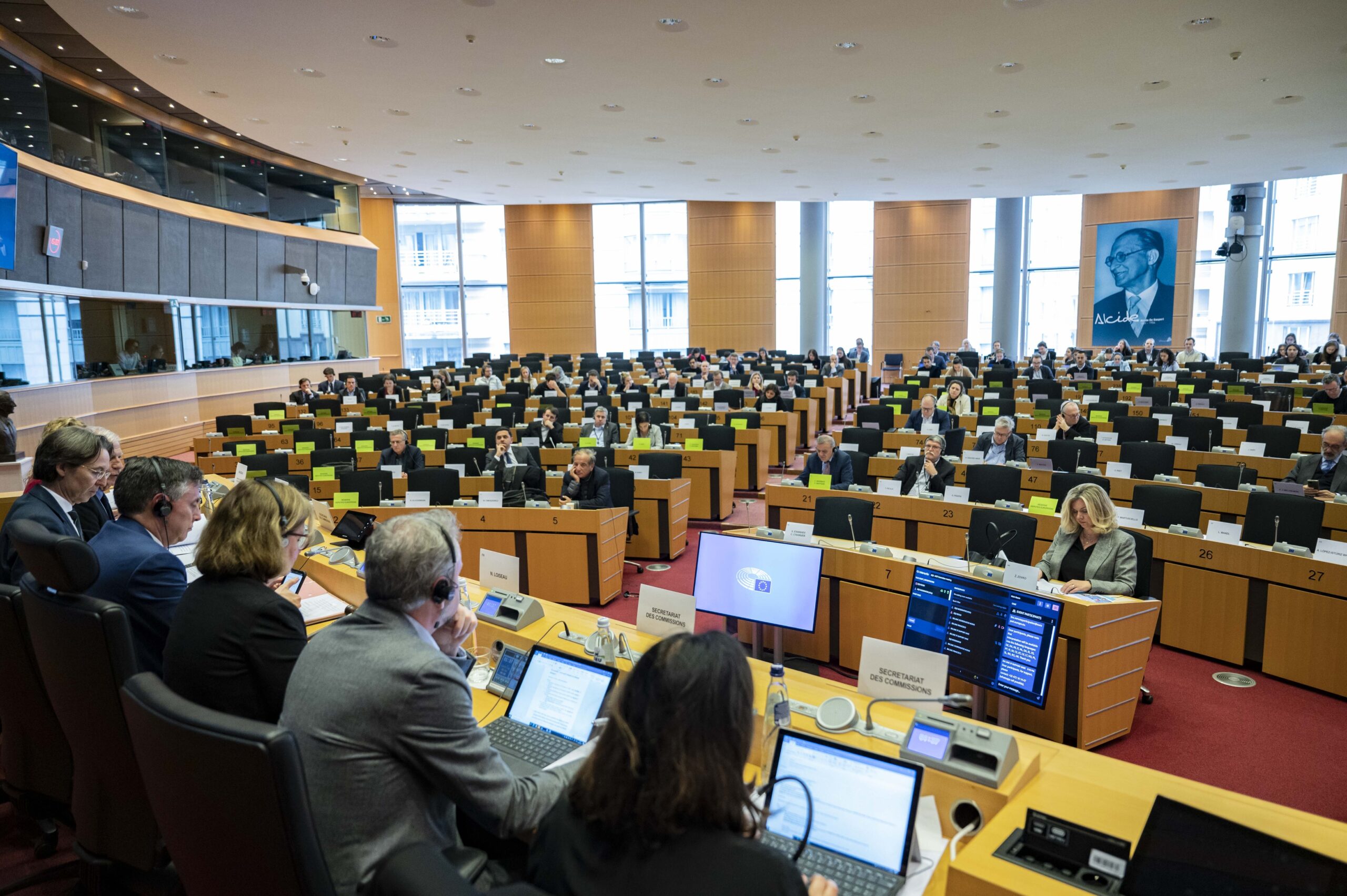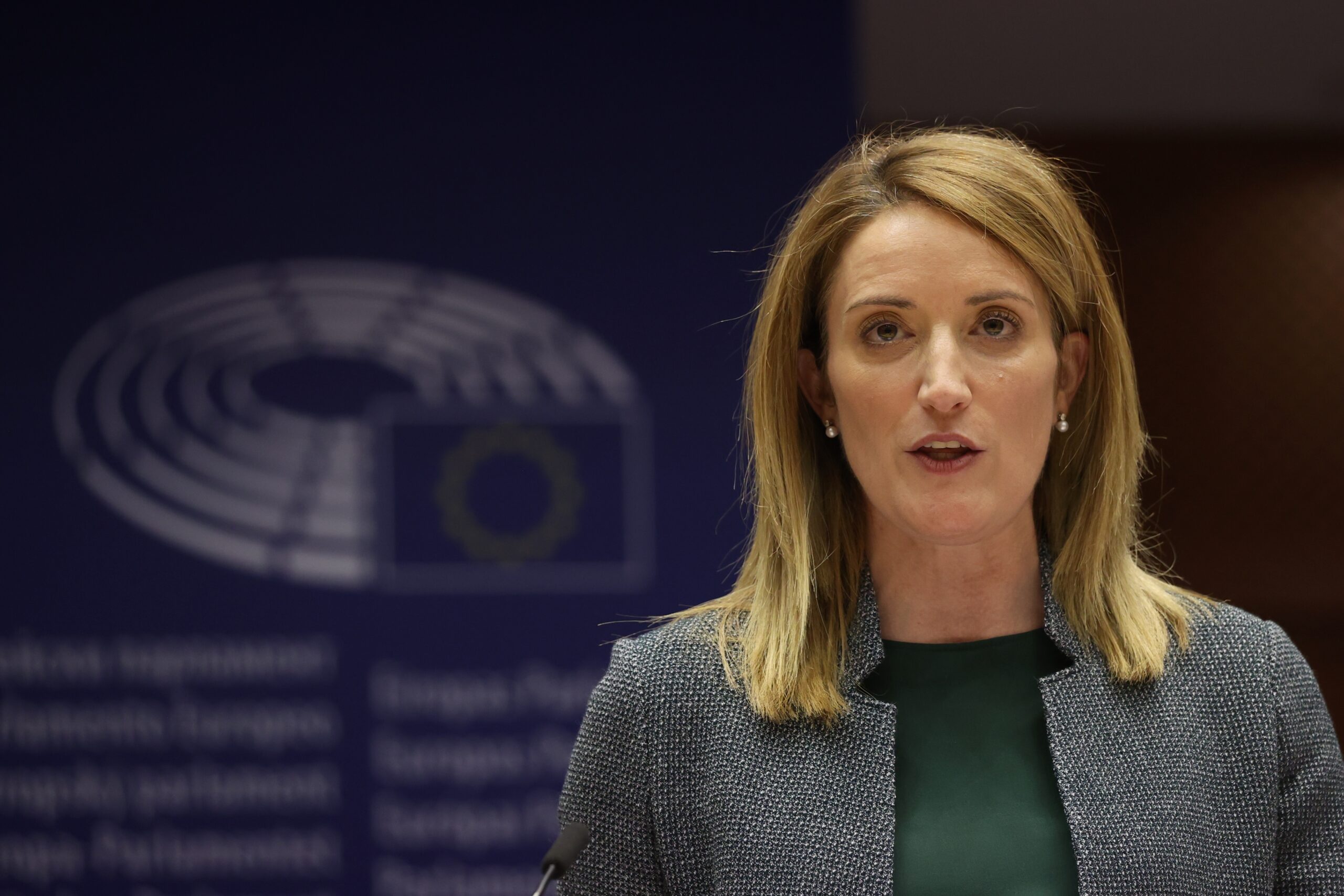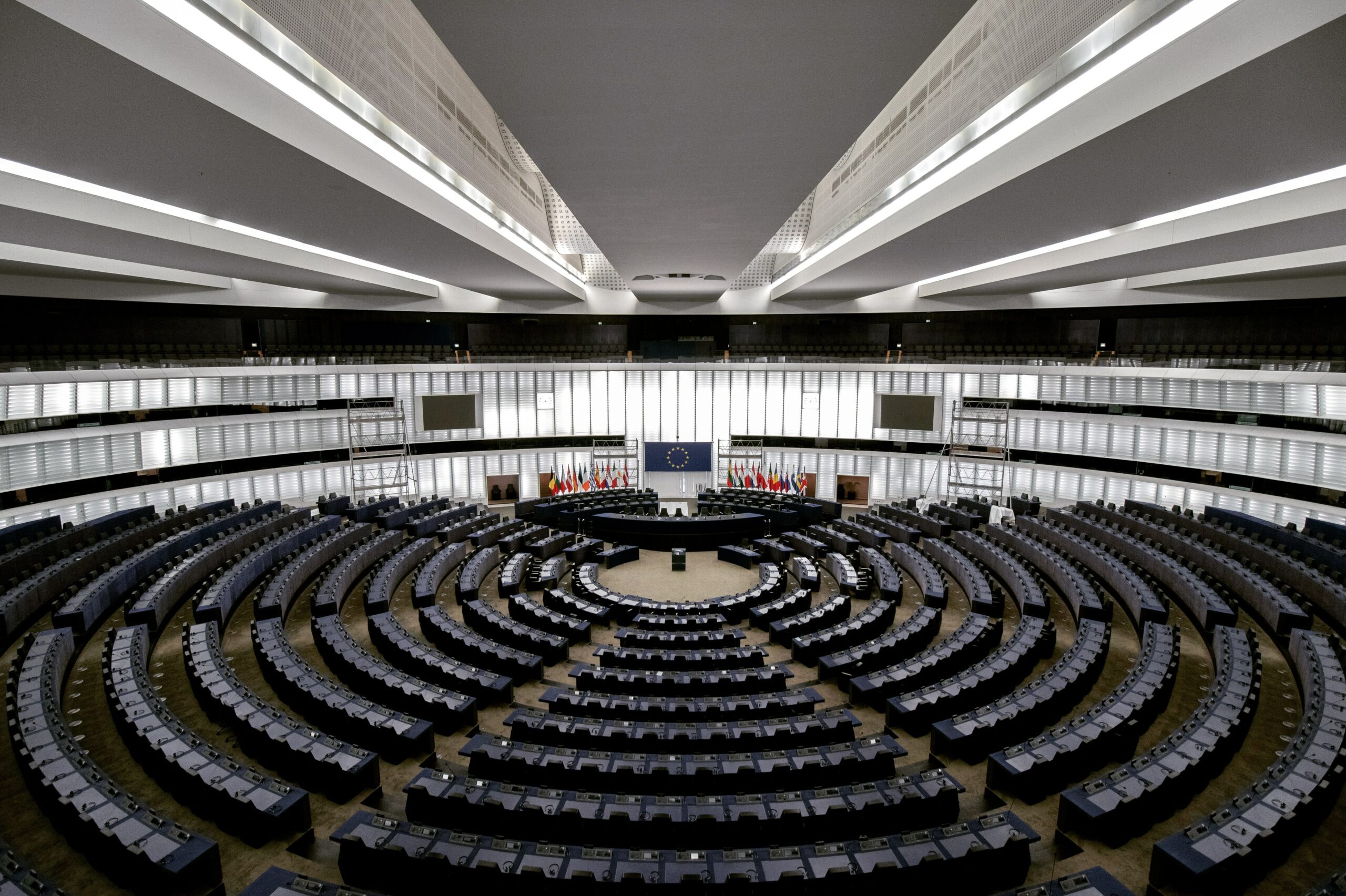The European defence is not only a defence policy, nor the protection of territory. It is above all a political project, in constant evolution, aimed at asserting Europe’s place in the world, in the service of its foreign policy.
This project is based on a decision-making structure that allows the EU to carry out crisis management operations, and which now wants to fully support the defence industry.
